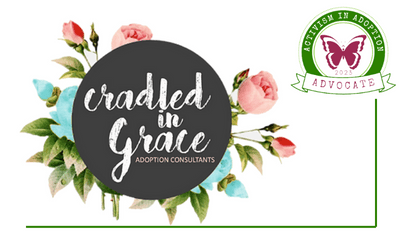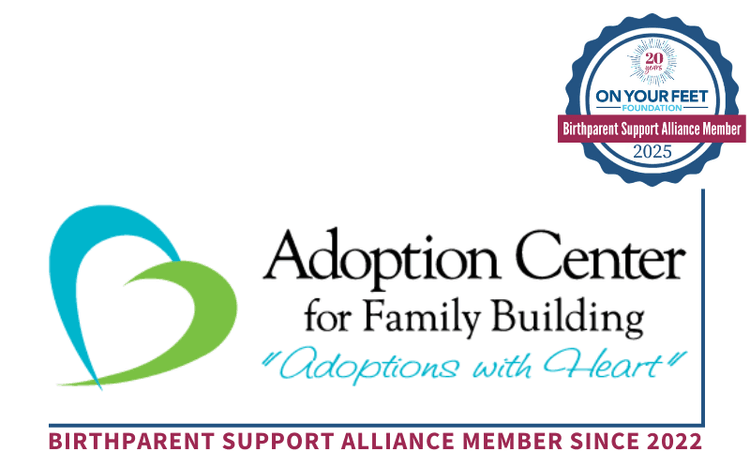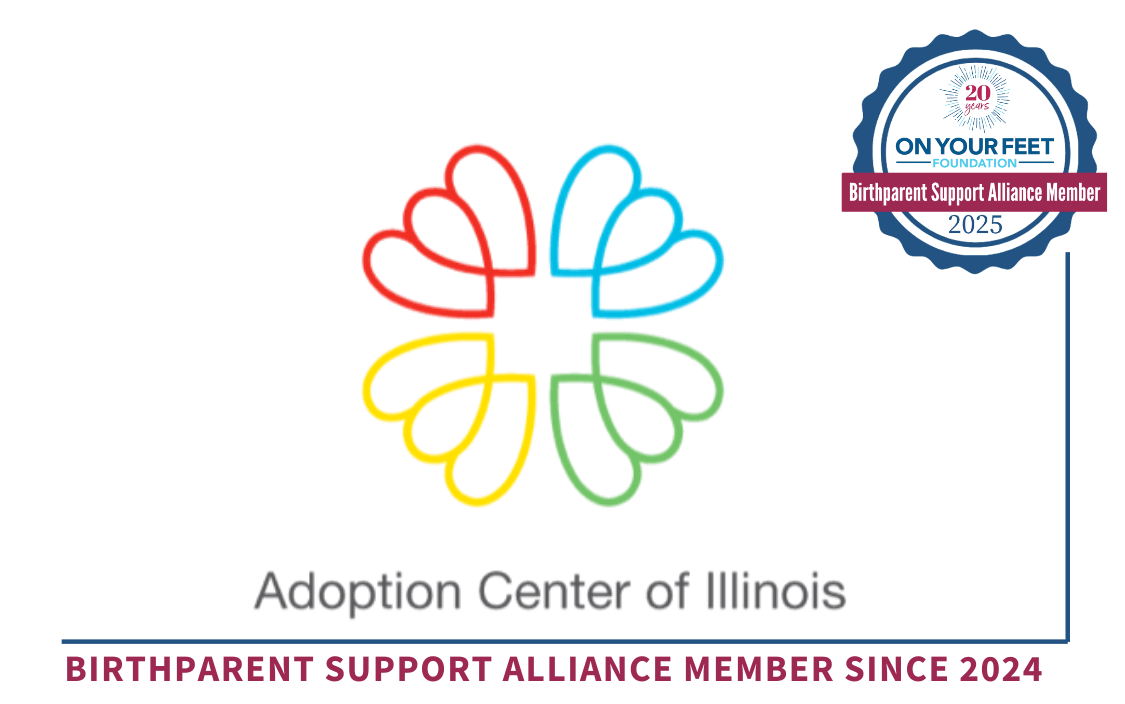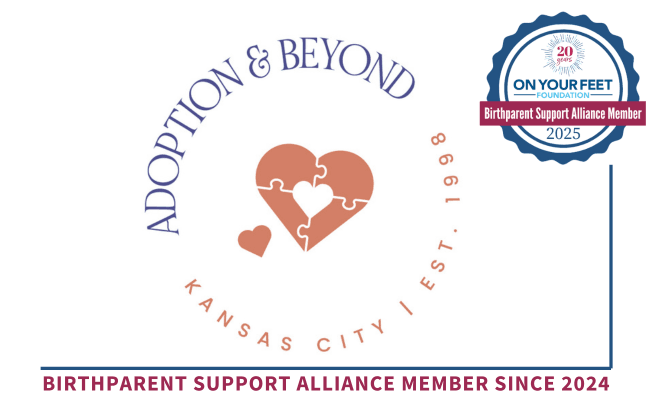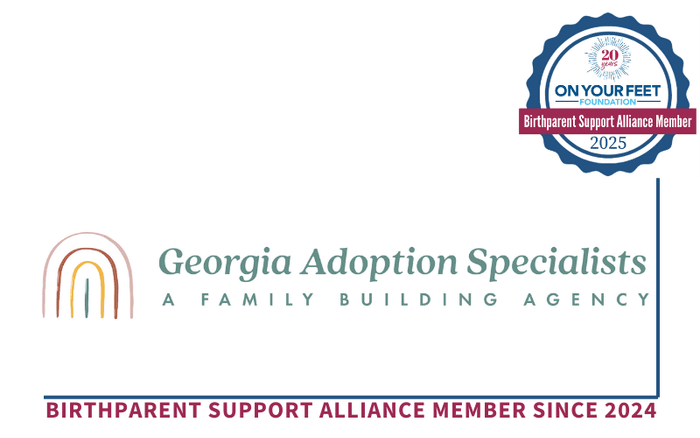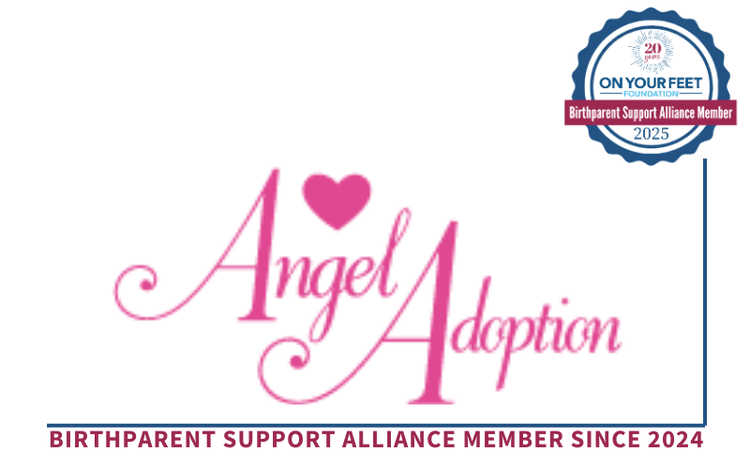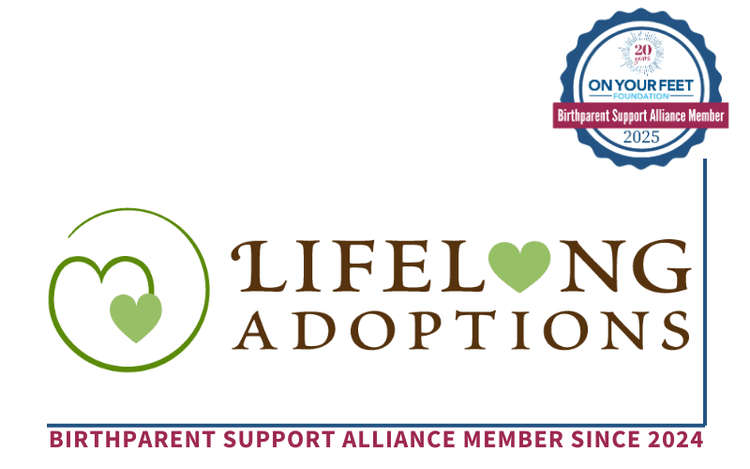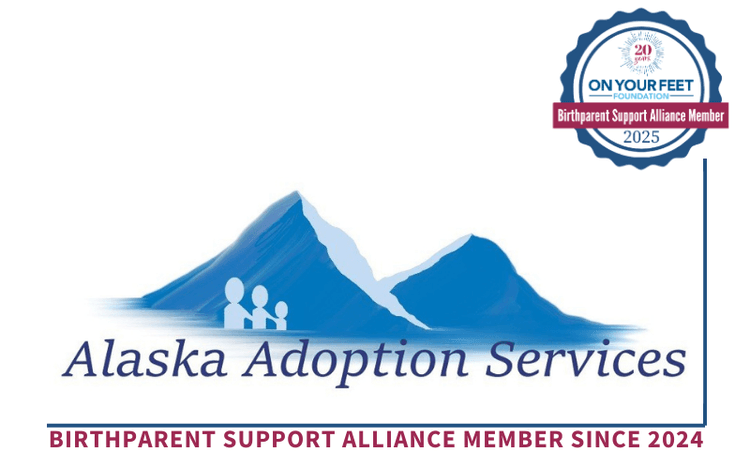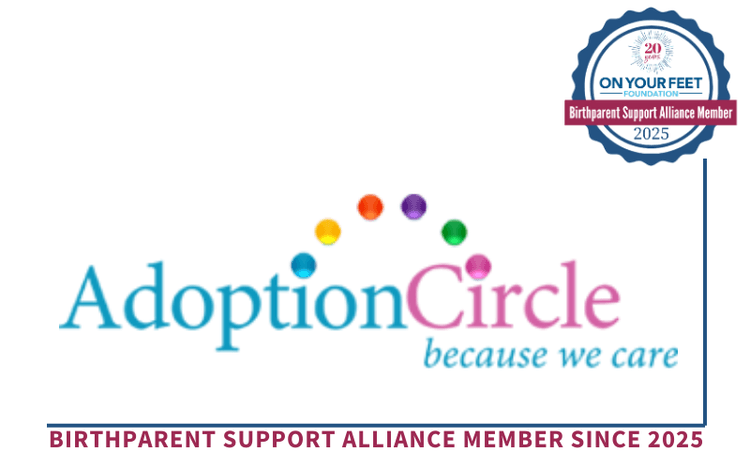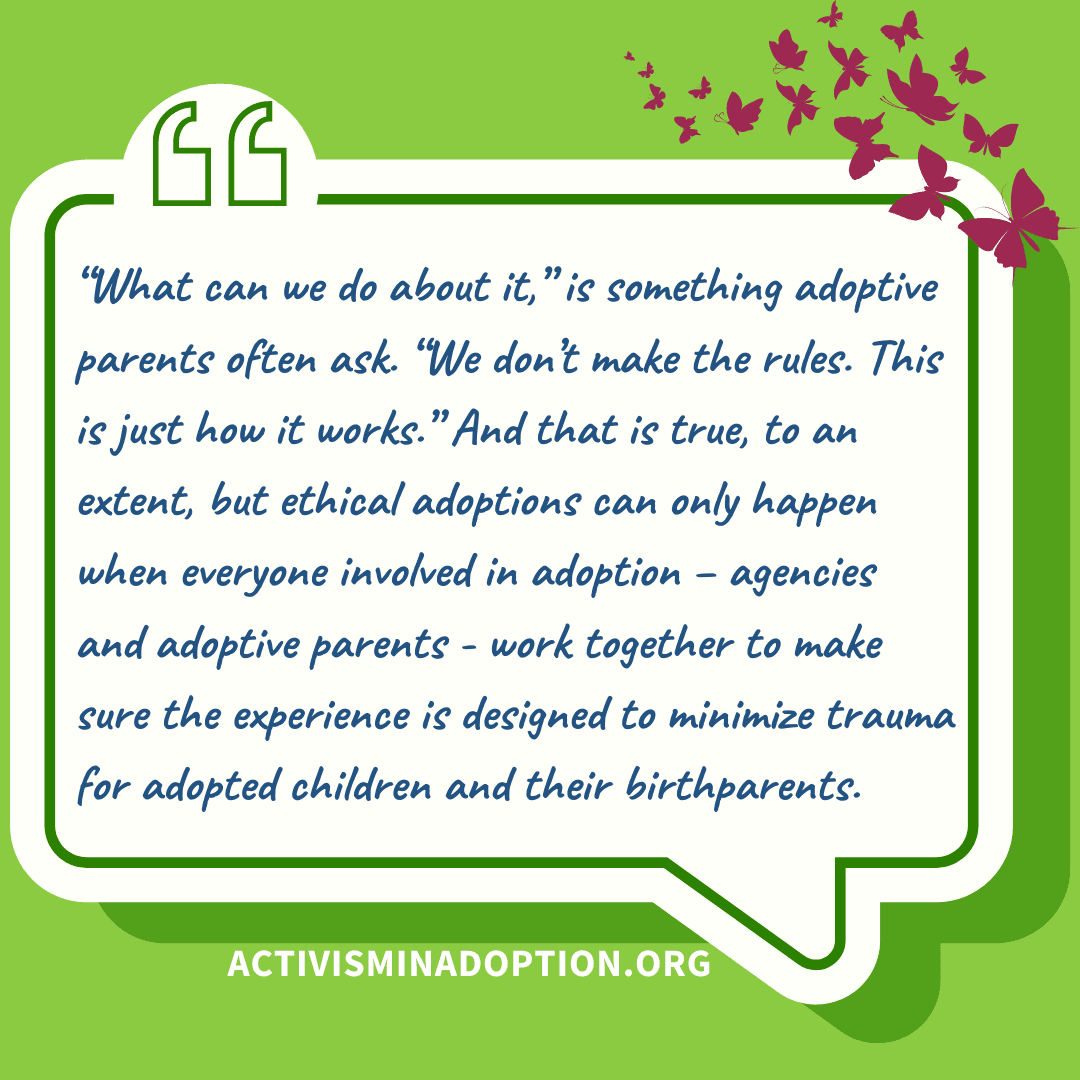
On Your Feet Foundation sits on the other side of adoption. After placement has happened, after the paperwork is signed, after the adoptive parents are home with their child. Where the process of adoption ends, we begin, providing help, support, and community to post-placement birthparents in need. That help begins when birthparents begin to share their stories with us as we work with them to determine what they need, and their stories make clear the need for commitment to an ethical adoption process by every person involved in the adoption constellation. We have more than twenty years of birthparent stories, and as part of our Ethics in Adoption series, we are sharing them with the adoption community, so that we can shine a light on the birthparent experience, and hopefully help inspire change where it is needed.
“Once the papers were signed, it was like I didn’t exist.”
“These feelings have been buried.”
“I need help and I have no one else to talk to.”
“I feel like I was just there for the transaction.”
We know that what we are hearing is not the experience of every birthparent, but at the same time, even one story of coercion or abandonment is one too many. Resources promised and never received, counseling offered, but limited to three sessions, no help in finding an adoption-competent therapist, and birthmothers being moved by their agency to a different state, compelling them to finish out their pregnancy and deliver their baby far away from the community, comfort, and support they need at home. The most common reason given for these moves is so that an expectant mother will be in closer proximity to the prospective adoptive family or agency, decentering her needs for their convenience, but it can be a coercive practice when the only support she now has around her is from the adoption agency and the hopeful adoptive parents. And often pregnant women are moved because the laws that protect their rights as part of the adoption process are stronger in their home state than in the state to which they are being moved. There are no clear numbers, either, on how many women experience this, because so much of the birthmom experience is related anecdotally, and not through record-keeping or publicly accessible information.
"We were very successful in OH - You really need to look at your tolerance for risk / and the state's laws - the Birthmom could not sign before I think 72 hrs - but once she signed there was no going back for her. That was VERY important to me." - KBM, online adoption forum
Women experiencing a crisis pregnancy don’t always have the emotional bandwidth to be strong advocates for themselves, and when they agree to move into agency-provided housing, aren’t likely to be aware of the tenancy laws governing their stay, leaving them vulnerable. And what happens to the expectant mother after she gives birth? Sometimes after placement birthmothers are left stranded, far away from family and friends and with no local resources, sitting alone in their grief while healing after delivery. Some mothers are expected to sign relinquishment paperwork while still in the hospital, and once that paperwork is signed, are abandoned, with no way to get back home. Others are told that if they don’t sign the paperwork, they will have to pay back expenses.
Someday, you are going to have to tell your child the circumstances surrounding their adoption. Are you going to be able to tell them that you did everything you could to make sure their adoption was ethical? – Hope Baker
It is easy for adoptive parents to assume that the burden of providing ethical care rests with their adoption agency, but the truth of it is, it isn’t your agency that will have to explain to your child one day that their birthmother was separated from her support system and flown to a state that privileged the wants of adoptive parents over the needs of expectant mothers. Your agency isn’t going to explain to your child why their birthmother was forced to give birth alone in another state, without her family or friends around her. What can we do about it, is something adoptive parents often ask. We don’t make the rules. This is just how it works. And that is true, to an extent, but ethical adoptions can only happen when everyone involved in adoption – agencies and adoptive parents - work together to make sure the experience is designed to minimize trauma for adopted children and their birthparents.
What can adoptive parents do? They can actively seek out education that focuses on best practices in adoption, centering harm reduction and mitigating trauma for both expectant parents and their children. And ask questions, throughout the entire adoption process, to verify that expectant parents are being treated ethically and fairly with regard to their housing during pregnancy and after giving birth, regardless of whether they place their child or choose to parent. As a starting point, we recommend asking the following:
- Why can’t your expectant parents stay where they currently live?
- Why are they being moved? Who benefits from the move?
- If they are moving to finish their pregnancy and give birth, what steps are being taken to ensure they are connected to their support system back home at a time when they need the most support?
- What is the living agreement for them where they are staying? How long do they stay after they give birth?
- If they are being moved to another state, where are they living? Do they have an ethical housing agreement in place that protects them should they choose to parent their child?
- Is their housing contingent on placing their child for adoption? If they change their mind, what measures are taken to make sure they are safely housed?
- If they decide to parent, will the agency ask them to repay expenses?
- How is their post-partum medical care being handled? And where is it taking place: in the place in which they were moved, or back home? Who is overseeing their post-partum medical plan and screening them regularly for Postpartum Depression?
In later posts, we will be covering other issues in adoption ethics. Drop us a line if you have other questions hopeful adoptive parents should ask to help make sure that their adoption is as ethical as possible.



